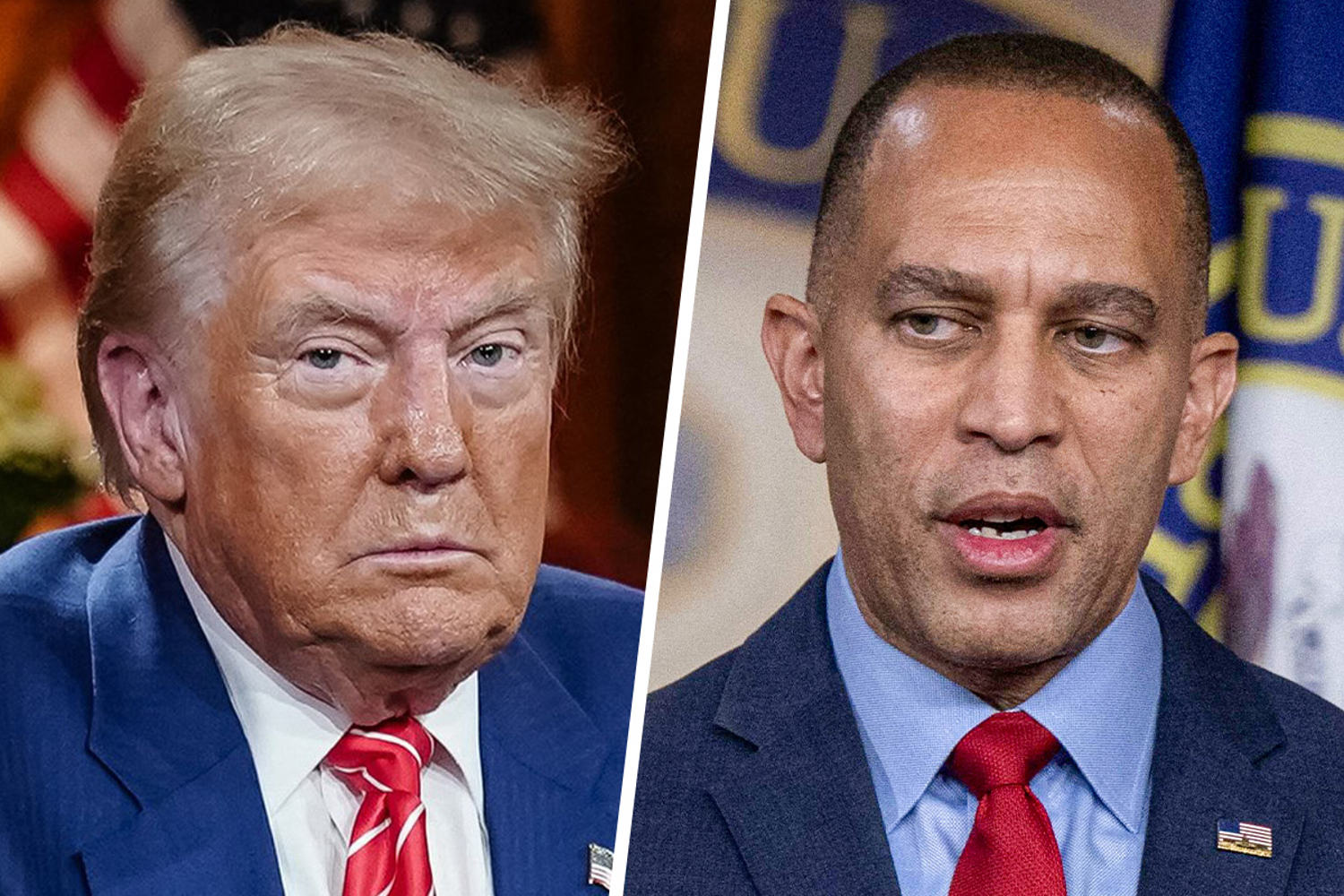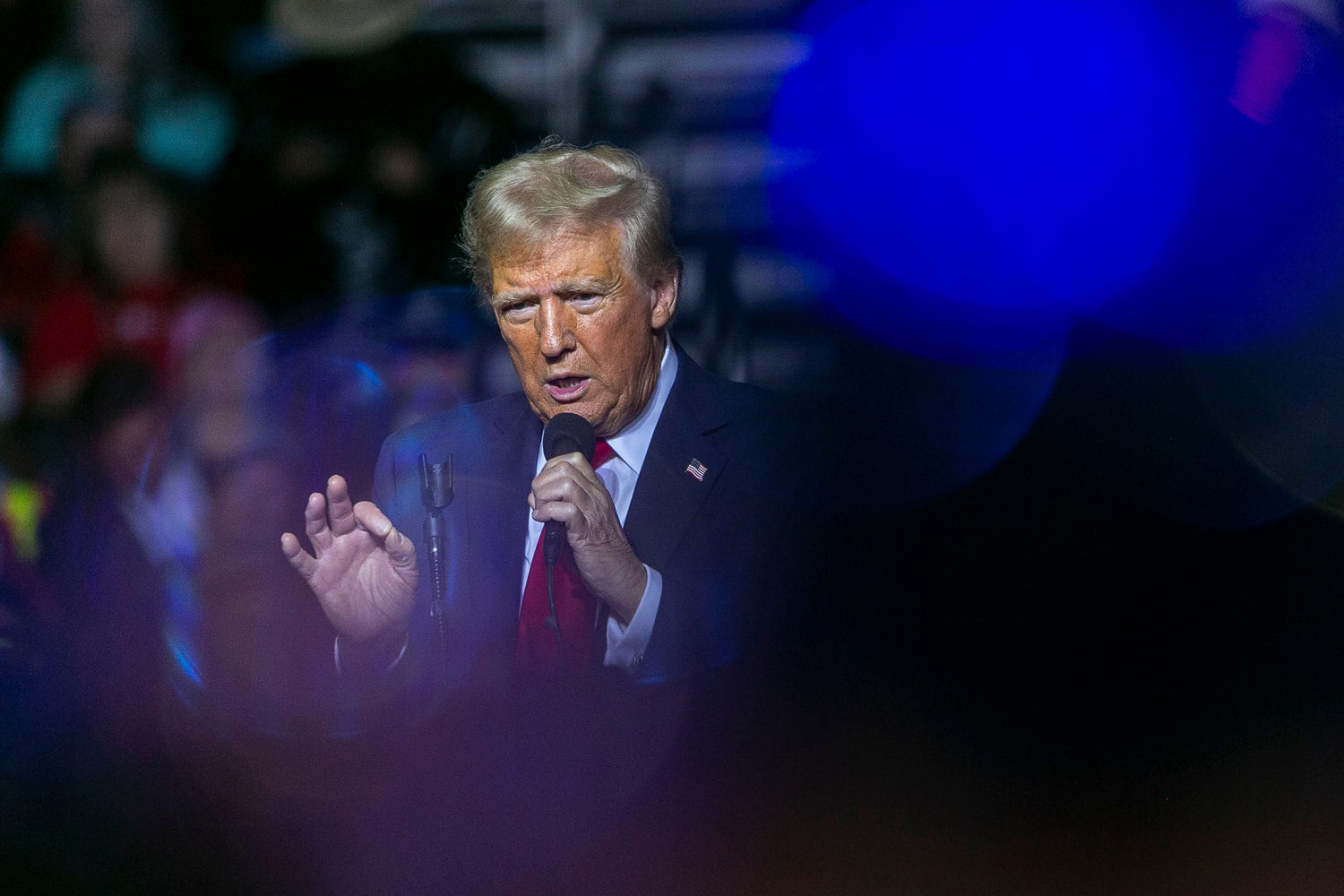How the House can still (at least temporarily) function without a Speaker

Perhaps no day in the congressional calendar is quite as wonky as the House Rules Committee’s Member Day, which took place this year on Sept. 19. On this day, House members testify before the Rules Committee, proposing changes they believe would improve the legislative process. Although it’s not a place for dramatic debates, it offers valuable insight into what’s on lawmakers’ minds.
The proposals here are often significant, but rarely attention-grabbing. Reps. Emanuel Cleaver (D-Mo.) and Derek Kilmer (D-Wash.) testified in support of the BUDS Resolution, which would allow a bill to have two original sponsors — one from each party — rather than an “original” sponsor and a co-sponsor. This change would more clearly emphasize bipartisanship. Kilmer also advocated for a measure aimed at expediting consideration of bipartisan bills that had already passed in the other chamber. This proposal stems from his leadership in the ongoing modernization efforts in Congress.
The final witness, Rep. Virginia Foxx (R-N.C.), proposed the OATHS Act. This bill would allow incoming House members to be sworn in on paper before the first day of Congress, instead of waiting until the Speaker is selected, as is the current practice. Foxx raised critical concerns about the House’s ability to function without a Speaker. Without selecting this key leader — a process we now know cannot be taken for granted — members cannot perform oversight duties or obtain security clearances. In short, the House can’t really operate.
This might sound dull, and Foxx presented her case in a low-key manner. However, a potentially thorny issue looms over these discussions: If Congress fails to elect a Speaker on Friday, Jan. 3, 2025, how can it handle the crucial task of counting electoral votes just days later, on Monday, Jan. 6, 2025? Kevin McCarthy, for example, wasn’t elected Speaker until Jan. 7, 2023.
Admittedly, a prolonged Speaker-election process seems unlikely in 2025. If Republicans retain control of the House, Speaker Mike Johnson (R-La.) will likely be reelected. If Democrats take the majority, they will likely unite behind Rep. Hakeem Jeffries (D-N.Y.). However, recent history — specifically the Speaker elections of 2015, 2021 and 2023 — has shown that holdouts can delay reaching the necessary 218 votes. And, as Foxx pointed out, the House needs to get to work quickly.
Traditionally, the post-presidential election process in the House follows a set order: elect the Speaker, swear in the members, pass a Rules package (that these suggestions might be part of), and then pass a concurrent resolution to set up the joint session of Congress for counting electoral votes.
Foxx offers a procedural solution to ensure the House can continue functioning while the Speaker’s race is resolved. However, if this solution does not become law, there are political and procedural solutions that would not require a change of House rules or law. All of these solutions have historical precedents in the House.
First, Congress could elect a Speaker by plurality vote. Second, it could elect a temporary Speaker to handle the necessary work. Third, a significant number of minority party members could abstain from voting, allowing a leading candidate from the majority party to secure a majority.
The first option — electing a Speaker by plurality rather than by majority — was used during the longest speakership election in history, in 1849. According to Hind’s Precedents of the House of Representatives Section 221, after the 59th ballot, the House voted 113-106 on a resolution that concluded “the Member who shall then receive the largest number of votes, provided it be a majority of a quorum, shall be declared to be chosen Speaker.” On the 63rd ballot, Rep. Howell Cobb of Georgia was elected Speaker with 102 of 222 votes.
Second, Congress could elect a temporary, single-purpose Speaker. This idea was considered in 1849 after the 14th ballot. From Hind’s: “Mr. John A. McClernand, of Illinois, offered a resolution to adopt the rules of the last House and appoint Mr. Linn Boyd, of Kentucky, chairman until a Speaker should be elected.” However, the proposal failed by a vote of 105-116. Some have raised concerns about this approach, but the candidate for Speaker could publicly agree to resign at a specific time, such as when the new president is sworn in, to alleviate those concerns.
A similar scenario unfolded in Pennsylvania's state House in 2023, when Republicans had a temporary majority while two special elections were being resolved. Republicans and Democrats elected Rep. Mark Rozzi, a Democrat, as Speaker. He brought legislation to the floor addressing child sex abuse by Catholic clergy. Then the House adjourned for a month until the elections were resolved, at which point Rozzi resigned. In this case, Rozzi was a single-purpose Speaker.
Third, enough members-elect could vote “present” to move the Speaker election forward. McCarthy, Nancy Pelosi (D-Calif.) and John Boehner (R-Ohio) were all elected Speakers with fewer than 218 votes at different times because enough people chose to vote “present” or chose not to vote, allowing them to secure a majority of those present and voting. While it’s usually members of the majority party who vote "present" in these cases, minority party members can also do this to help expedite the process.
It is crucial to know how Congress would handle other business if the Speaker's election were delayed. Fortunately, the solutions are relatively simple. By socializing and working out these alternatives ahead of time, Congress can continue its work without disruption.
Soren Dayton is the director of Governance at the Niskanen Center.
Topics
-

House GOP nominates Johnson for Speaker
Politics - The Hill - November 13 -

How Mark Robinson can still win in North Carolina
Politics - The Hill - October 29 -
Haiti's largest airport temporarily shuts down after at least two planes hit by gunfire
Top stories - CBS News - November 12 -
Here’s how tariffs can be implemented without rocking markets, Trump-friendly strategist says
Business - MarketWatch - November 14 -

Why ‘Affordable Housing’ in New York City Can Still Cost $3,500 a Month
Top stories - The New York Times - November 12 -

How Democrats can win control of the House even if Trump is elected president
Politics - NBC News - October 25 -
These House seats are still undecided
Top stories - CBS News - November 12 -

How Democrats can still flex power in Trump's Washington: From the Politics Desk
Politics - NBC News - November 14 -

Speaker Mike Johnson fights to save the House Republican majority — and his job
Top stories - NBC News - October 25
More from The Hill
-

Former Defense secretary: Women 'vital' in combat
Politics - The Hill - 33 minutes ago -

White House mostly mum after defeat
Politics - The Hill - 1 hour ago -

Trump taps Brooke Rollins to head USDA
Politics - The Hill - 1 hour ago -

Trump rounds out health team with CDC, FDA picks
Politics - The Hill - 1 hour ago -

Washington Post editorial warns of potential Ukraine abandonment under Trump
Politics - The Hill - 1 hour ago